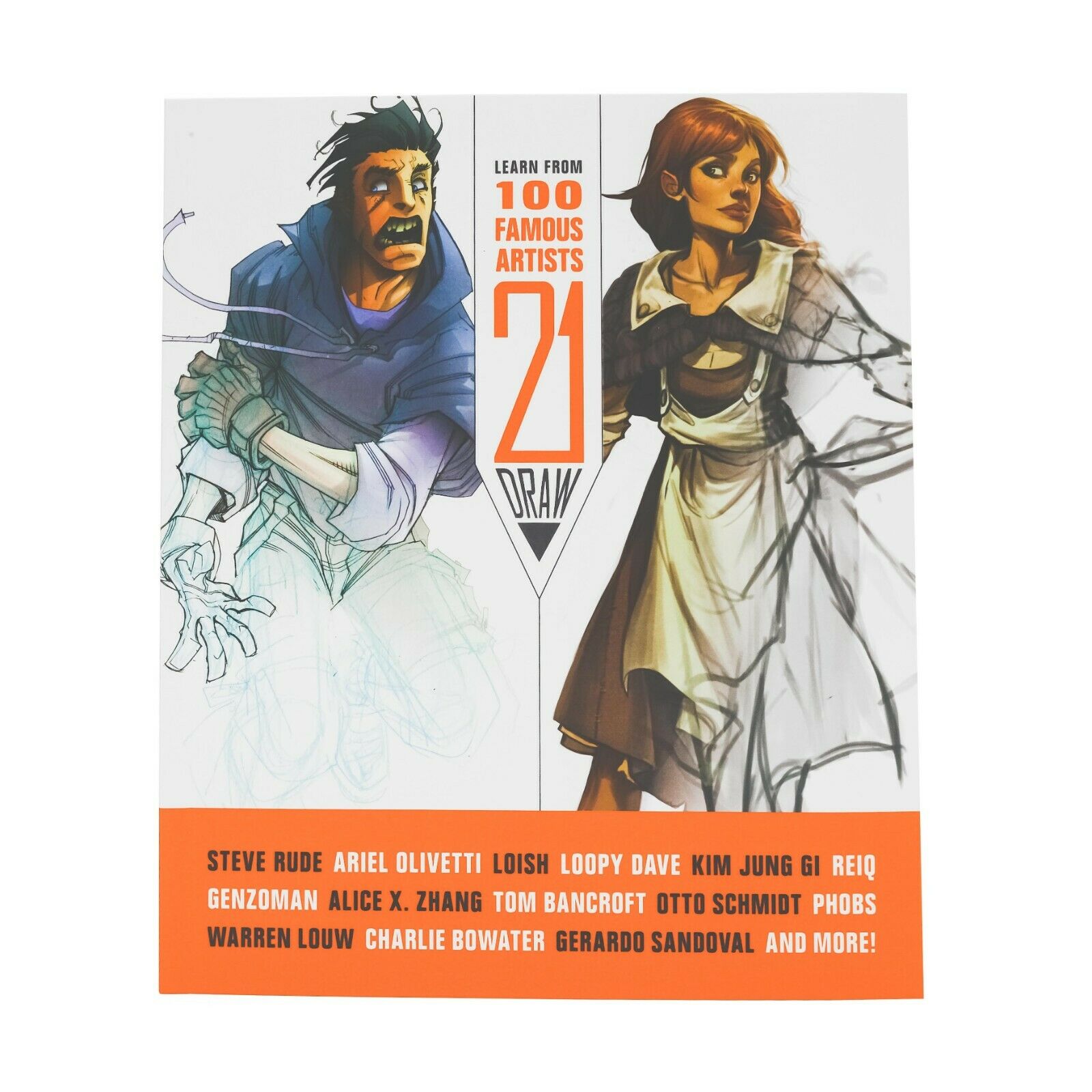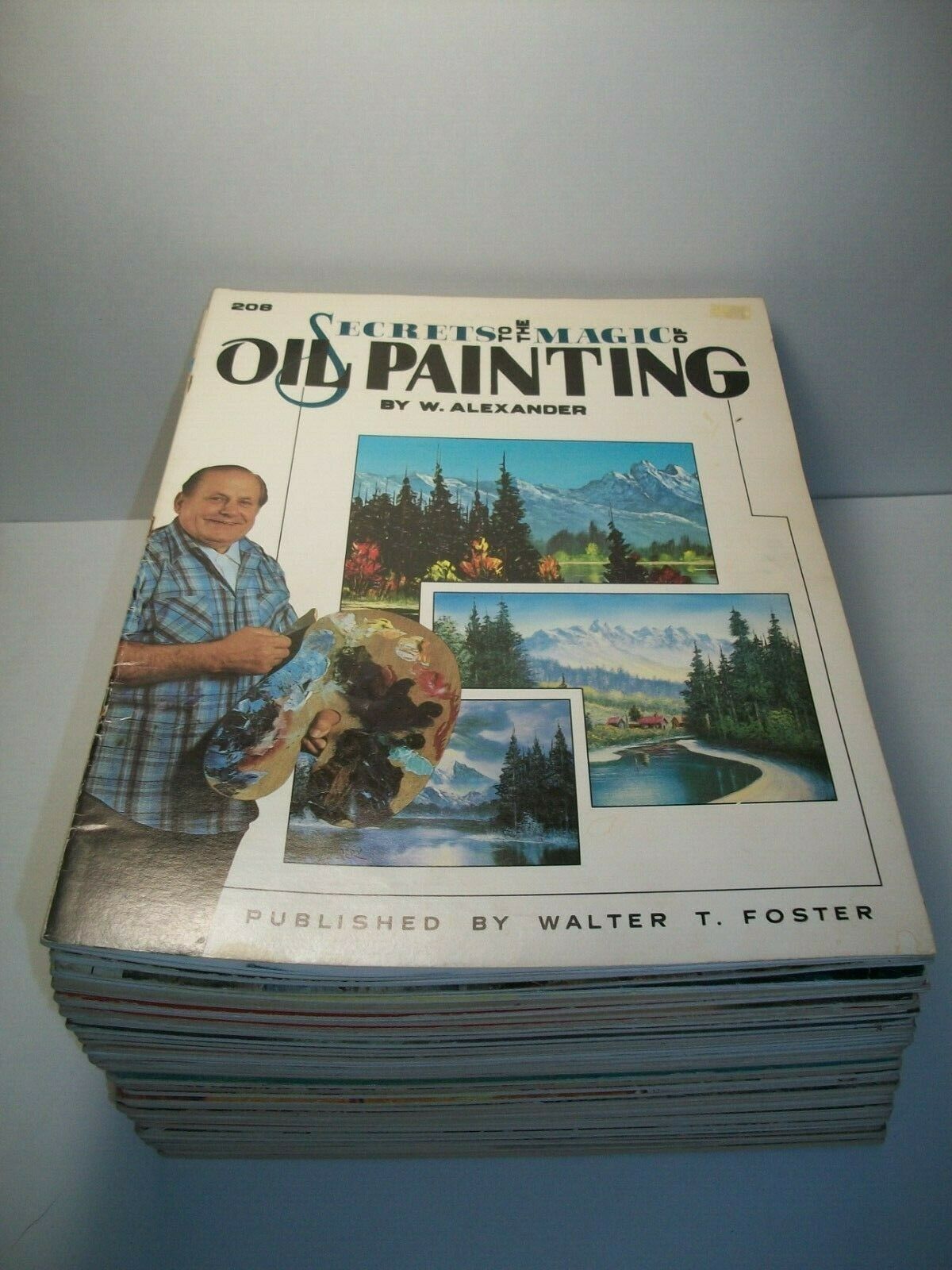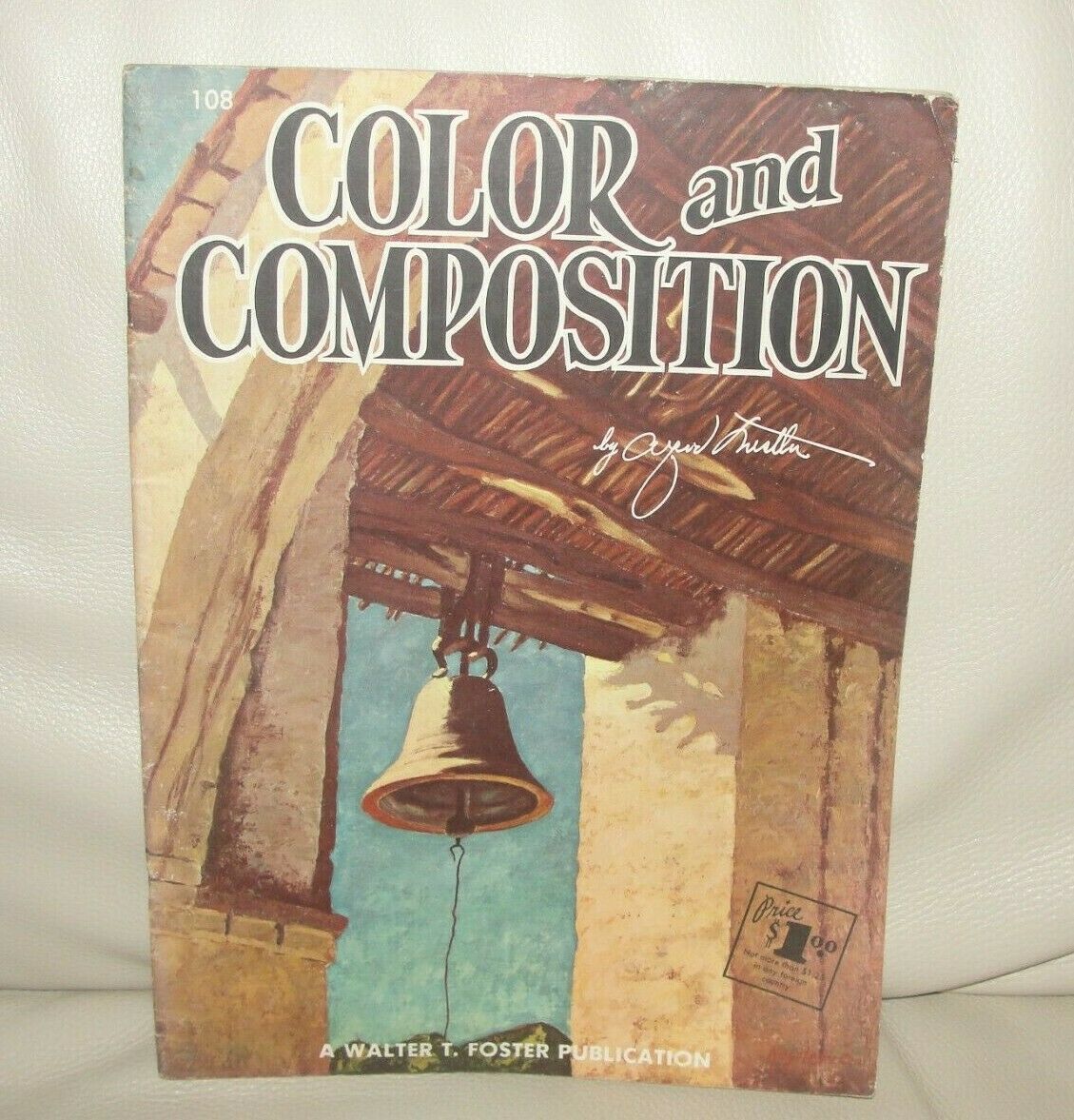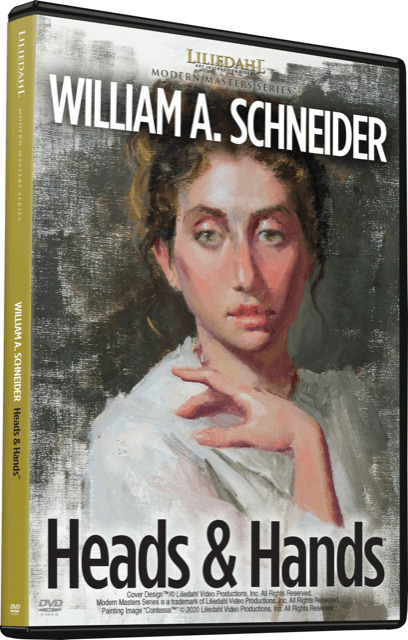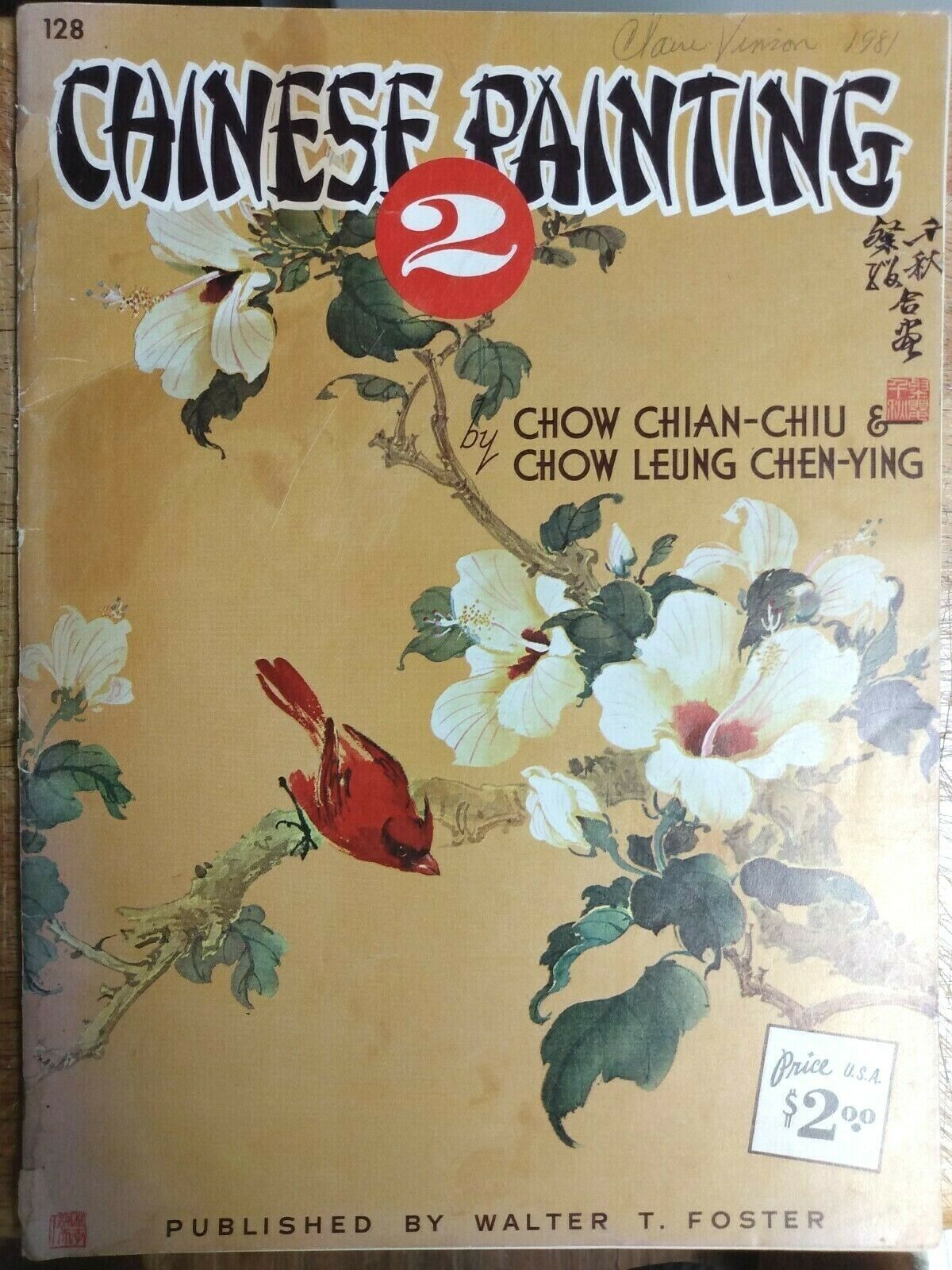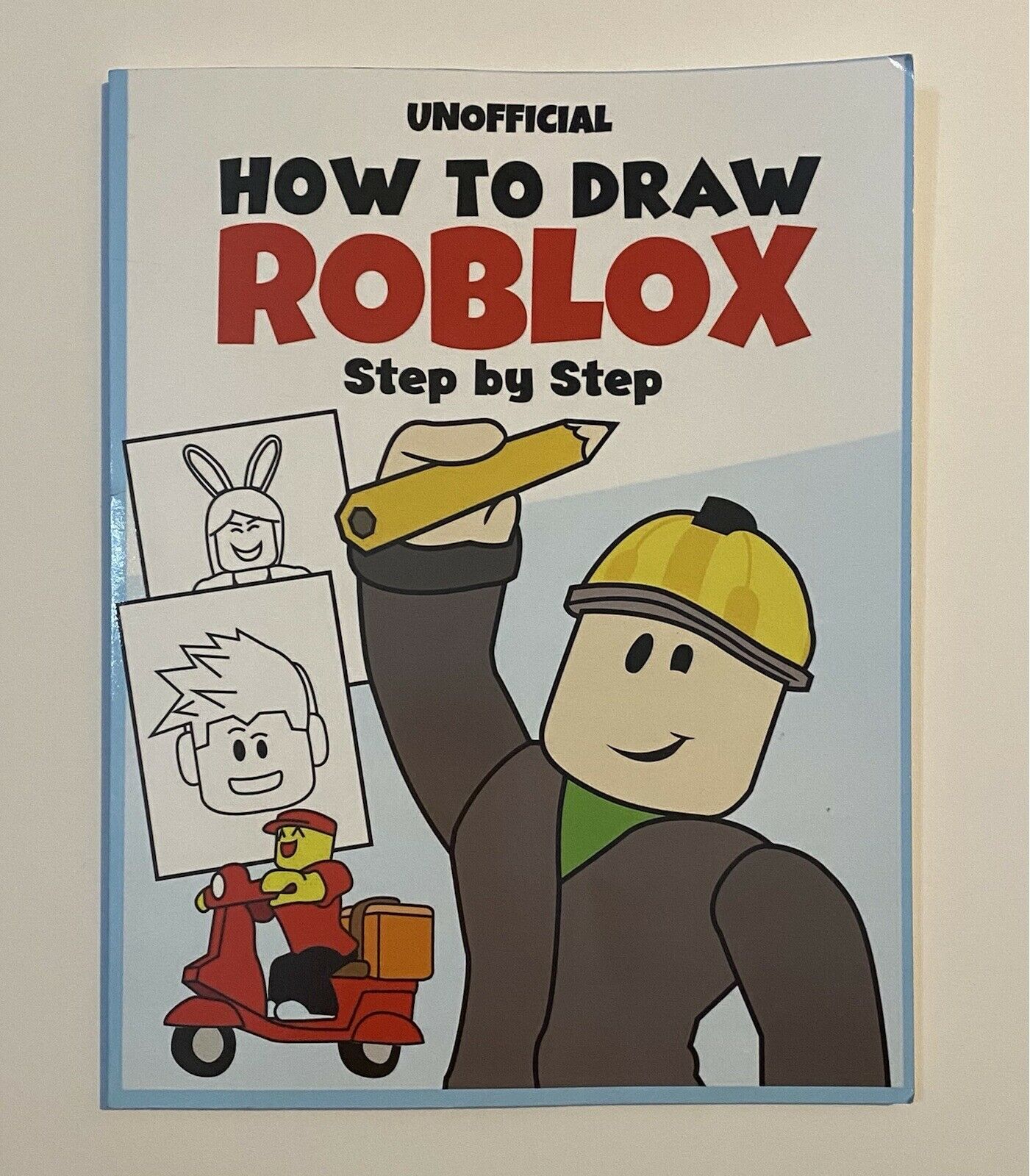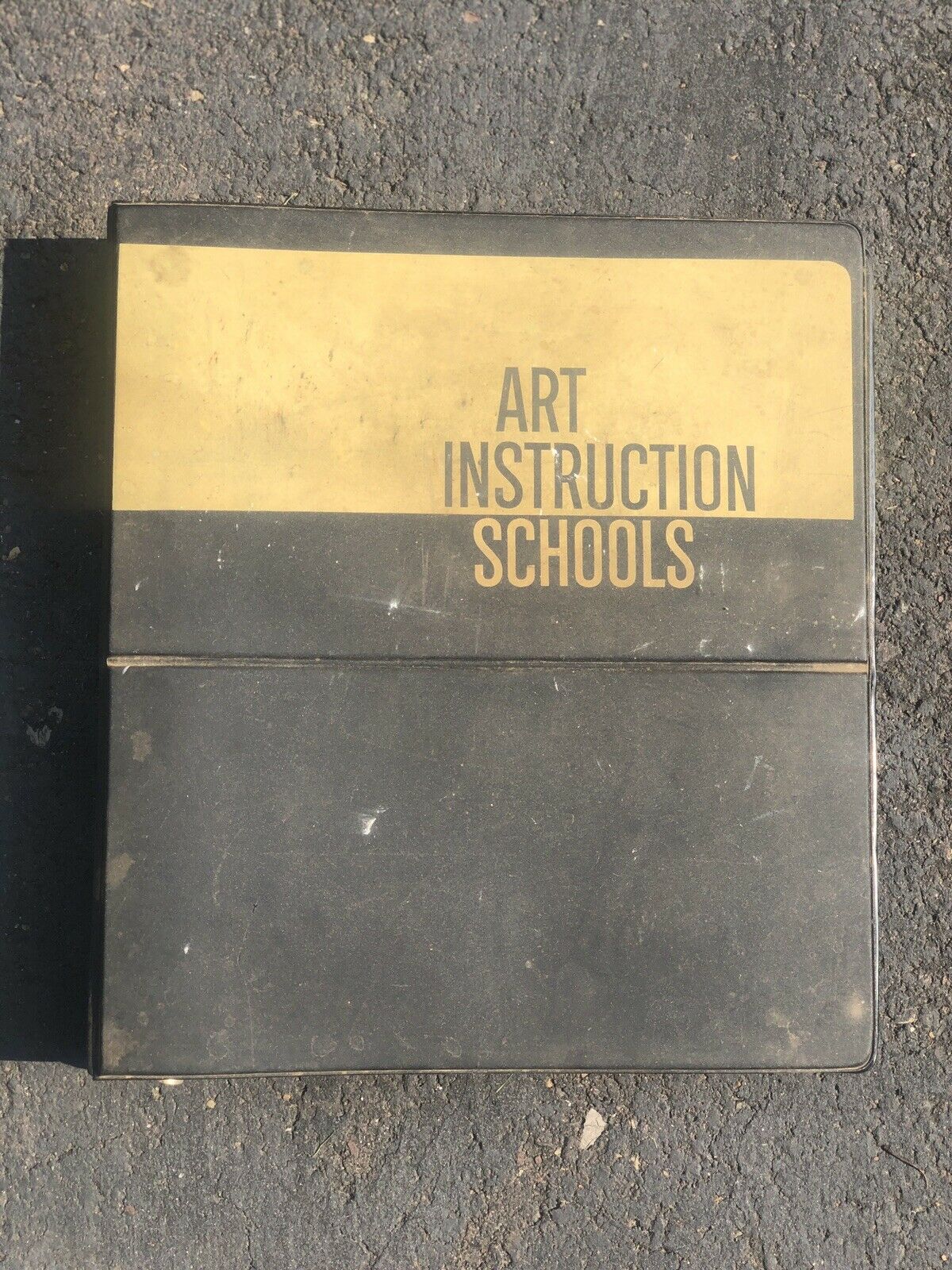-40%
Joseph McGurl : Light & Atmosphere - Art Instruction DVD
$ 88.17
- Description
- Size Guide
Description
Joseph McGurl : Light & AtmosphereDVD Length: 9+ Hours
Finally, a Video Documenting the Insights and Techniques of one of America’s Most Prominent Artists
For the First Time in History, Joseph McGurl Reveals
His Unique Step-By-Step Study-to-Studio Painting Process
3:08
Joseph McGurl "Painting Light and Atmosphere"
Streamline Art Video
Dear Fellow Artists:
Mark this day down on your calendar because it is indeed a momentous occasion.
For decades, until now, no one has been able to convince this very modest and humble artist to document his entire painting process, starting with his unique approach to plein air painting, his underpainting process, and the conversion to a multi-layered studio painting.
Yet Joseph McGurl has no real reason to be humble or modest, because his are among the best-regarded landscape paintings in the world. His paintings are sought out by collectors and museums alike because of their special importance.
This video was a monumental effort, months in the making. It is a must for the collection of every artist, whether you are a tight realist painter or a loose impressionist. The lessons in this video are powerful and unlike the lessons in any other video we have ever produced.
So what is it that makes Joseph McGurl’s paintings so special? We asked
PleinAir
and
Fine Art Connoisseur
magazine publisher Eric Rhoads, who personally has studied under McGurl.
For decades, until now, no one has been able to convince this very modest and humble artist to document his entire painting process, starting with his unique approach to plein air painting, his underpainting process, and the conversion to a multi-layered studio painting.
Yet Joseph McGurl has no real reason to be humble or modest, because his are among the best-regarded landscape paintings in the world. His paintings are sought out by collectors and museums alike because of their special importance.
This video was a monumental effort, months in the making. It is a must for the collection of every artist, whether you are a tight realist painter or a loose impressionist. The lessons in this video are powerful and unlike the lessons in any other video we have ever produced.
So what is it that makes Joseph McGurl’s paintings so special? We asked
PleinAir
and
Fine Art Connoisseur
magazine publisher Eric Rhoads, who personally has studied under McGurl.
“Joe’s paintings are all about composition, light, and form,”
Rhoads says.
“He manages to create these paintings that capture the essence of the landscape unlike any other painter alive today. Though they appear tightly rendered from a distance, they are actually very abstract when you get up close. This was the biggest surprise for me.”
Rhoads continues,
“I sought out personal study with Joe because I wanted to figure out the mindset and the technique behind an artist whose works are in such demand. I’ve learned from many of the best painters in the world, yet Joe breaks every rule and paints differently than any painter I’ve ever encountered. Though painting the way Joe does seems like it would be difficult and tedious, the opposite is true.
“I spent an entire week painting and studying with Joe McGurl, and he transformed my work so dramatically that I urged him to document his process on video for a historical record, because he will go down in history as one of the great painters of all time. Because he is so quiet and humble, convincing Joe took some effort, but the end result is a video document that we can all return to time and time again to perfect our painting skills.”
So What Is It About McGurl’s Landscape Paintings?
What makes the difference between an “OK” landscape painting and one that’s so visually striking that it draws viewers in and attracts top collectors?
The composition, the light, and the form!
Light is one of the most aesthetically pleasing aspects of any landscape painting, and Joe McGurl has mastered making light appear vibrant in paintings. His composition skills are truly unique.
Form is the element most artists get wrong, yet the combination of light and form, plus some tools and techniques McGurl uses, make paintings come alive and feel real — but not photorealistic. It’s a fine line, and one Joseph McGurl has mastered.
If you want to become an exceptional painter and not just a good one, you absolutely must learn how to paint the light and form in your work, and you’ll do that by studying with the best in the world at creating light and form.
The questions, then, are:
Is light so difficult to work with that nearly any artist will stumble — or get the light completely wrong?
Is it simply too complex?
Does it take many years of dedicated study to master working with light?
Absolutely not.
In fact, you would be surprised at how comfortably you can learn to do this IF you have the right mentor who focuses on helping you master a few essential techniques.
Joseph McGurl is one of the most
in-demand
and
influential
landscape artists working in America today.
You can find his work in multiple prestigious galleries across the country, and his accolades and credentials are more than a little impressive:
Designated a Living Master by the Art Renewal Center
Signature Member of the Plein Air Painters of America
Elected Member of the Guild of Boston Artists
Copley Master with the Copley Society of Boston
Fellow of the American Society of Marine Artists
According to one art expert:
“Joseph McGurl captures the blinding effect of the sun reflecting off water better than any other artist … Sometimes you feel the need to squint or put on sunglasses when looking at his paintings — the sunlight is that believable!”
Or this one…
“Joe may just be the finest landscape painter alive today, and will go down in history as one of the great landscape painters of all time.”
Joe’s teaching style is thoughtful, intelligent, and not at all gimmicky. He is highly focused and incredibly articulate — making it easy to follow every detail and brushstroke as you go.
If you love to paint, yet have only a limited amount of spare time to do it in, Joe can show you how to accomplish
more
in
less
time.
That’s because Joe is efficient with his process, something that’s a huge advantage when you’re working with outdoor light!
Painting Light & Atmosphere with Joseph McGurl
Joe creates a demo fully
en plein air,
then takes that study into the studio to build a studio painting, complete with layers of glazing.
You can paint along with this step-by-step tutorial to learn how to paint a breathtaking landscape scene using Joe’s most powerful painting techniques — the techniques he has developed over decades of painting.
It’s time for Joseph McGurl to pass down his techniques from master to apprentice.
You’d be surprised at the number of established professional painters who turn to McGurl for instruction to take their already high-quality work to the highest levels.
He will show how to use information gathered on location and apply it to a large studio piece. His plein air study technique is unique and uses tools that will help make your drawing almost perfect.
“Joe took my plein air drawing skills up several notches with one simple tool I had never before used. After studying with Joe I began to get unsolicited compliments about my work, even though I have so much more to learn and master.” — Eric Rhoads
You’ll also learn to work with captivating reflections that make the viewer want to squint from the intensity of light, you’ll discover how to create a beautiful sense of texture, but with transparency, and you’ll learn how to paint things like:
Realistic-looking rock formations…
Multiple types of trees and foliage that feel real…
A clear blue lake nestled at the bottom of a mountain range with the shimmering sun glistening off the water…
The captivating effects of light on the horizon…
And much, much, more.
We’ve put everything together in a brand-new DVD featuring in-depth training with Joseph McGurl, plus an exclusive one-on-one interview with the artist.
Let’s Take a Closer Look at What
You’ll Discover Inside:
Learn how Joe uses a drawing technique typically used for figurative work to help you lay your forms out in the correct way and dramatically improve your proportions and drawing
The secret to planning your painting, depending on what the light of the sun is doing
(and how to make adjustments as you go so you come away with your most dynamic and highest-quality work)
How to use the palette knife as a “chaos instrument” to make your painting look more natural and less deliberate
What colors to mix as the sun gets warmer to achieve the appropriate value shifts that make your painting seem real
How to create texture
without
losing your sense of form
The most effective techniques for working with reflections and how you can use light to enhance your composition the way the pros do
How to prevent the typical mistakes that beginner and intermediate painters make so you can see faster results on the canvas
What colors to use in the foreground that will bring elements forward the right way
How to capture both the subtle and not-so-subtle ways that foliage interacts with the rest of the landscape
How to define tree forms in the foreground to bring out the character and enhance the important focal points of your subject
How to take your outdoor painting and improve the compositional design in the studio
Working with your underpainting to “lock in your design” using colors and values
The warm and cool tones Joe uses in his palette and exactly why he chooses each one
How to create a glowing effect with the water that will make your painting more striking and emotionally engaging
How to use foreground and background colors to create a sense of space within your composition
Minor changes you can make to improve your work without losing the plein air essence
The surprising reason you might need to “tone down” certain elements in your painting if you want to take your work to the next level
How to easily identify which shapes you need to change
Choosing the right colors to create effects that impact other parts of the painting
What you should know about the sunlight and shade and how it affects the texture of your painting
How to finesse your palette knife marks with a brush (to avoid a cheap, lumpy look that can hurt the quality of your work)
Adding light and shade to the foreground
How to create a sense of movement on the water with the way you paint the sunlight and reflections
The reasons to do an underpainting, and the most effective and easy way to do it
How to create the glow of light as it hits water
How to use a special tool to achieve incredible drawing accuracy
How to create a true sense of realism without making your painting too tight-looking
A first-time look at Joe’s secrets for glazing, which make any painting come alive
…and many more professional tips and tricks to help you create a more interesting landscape painting.

